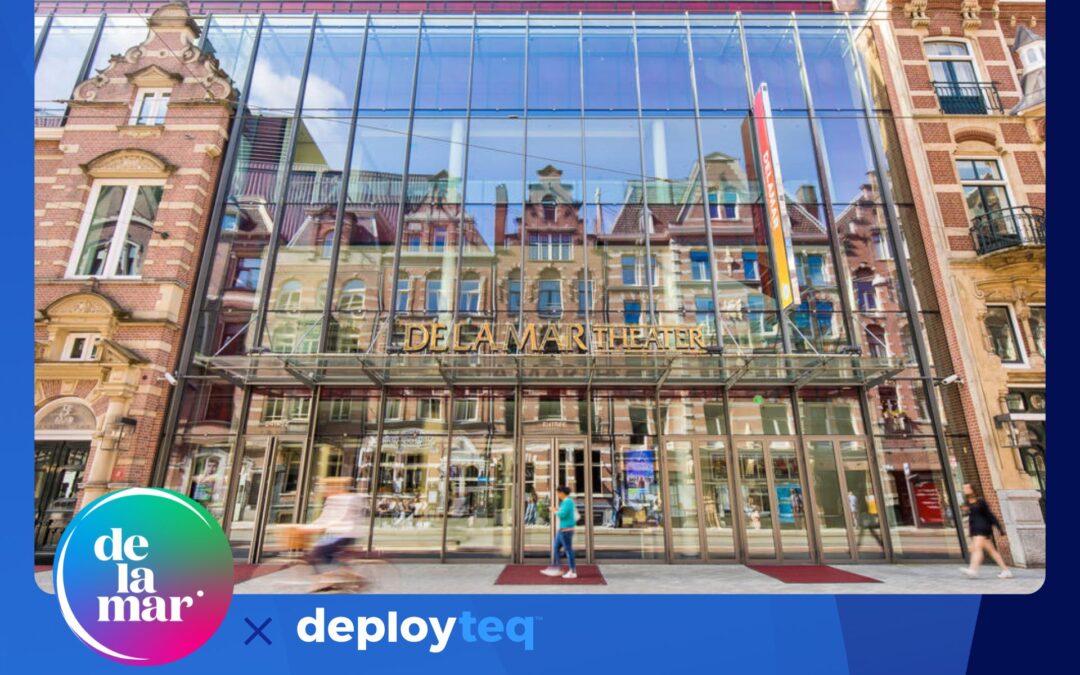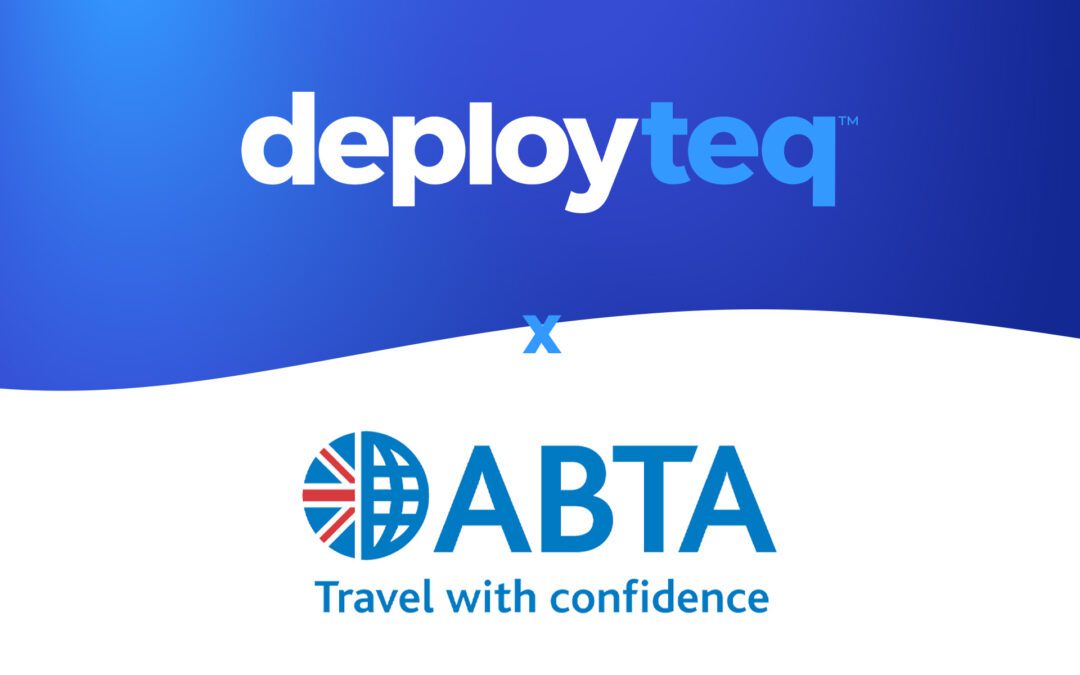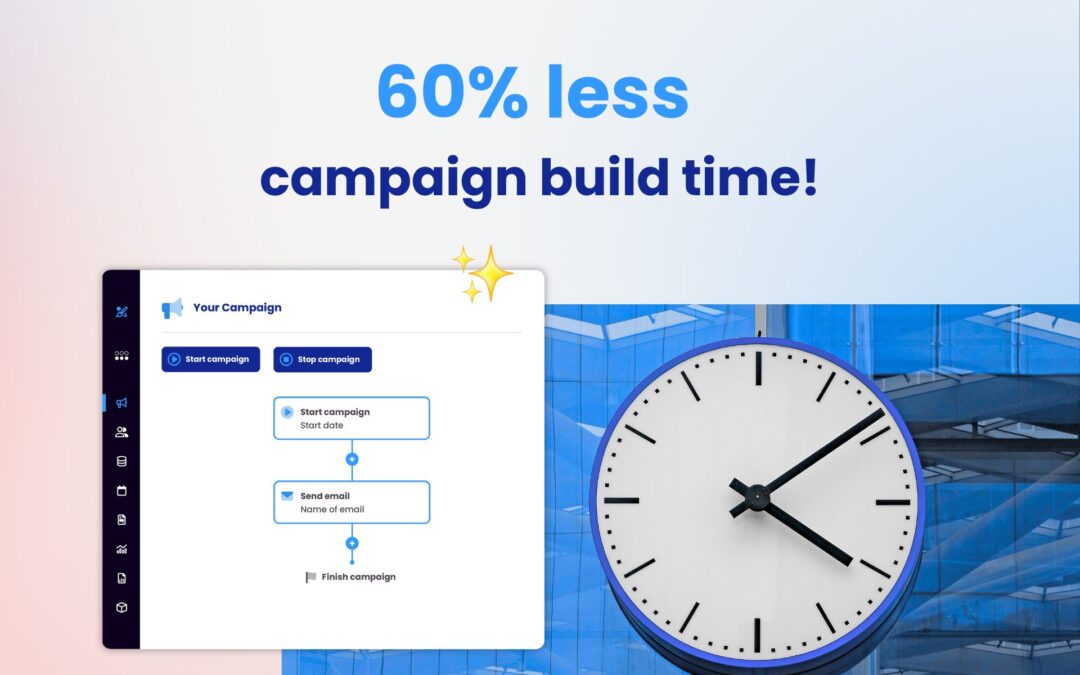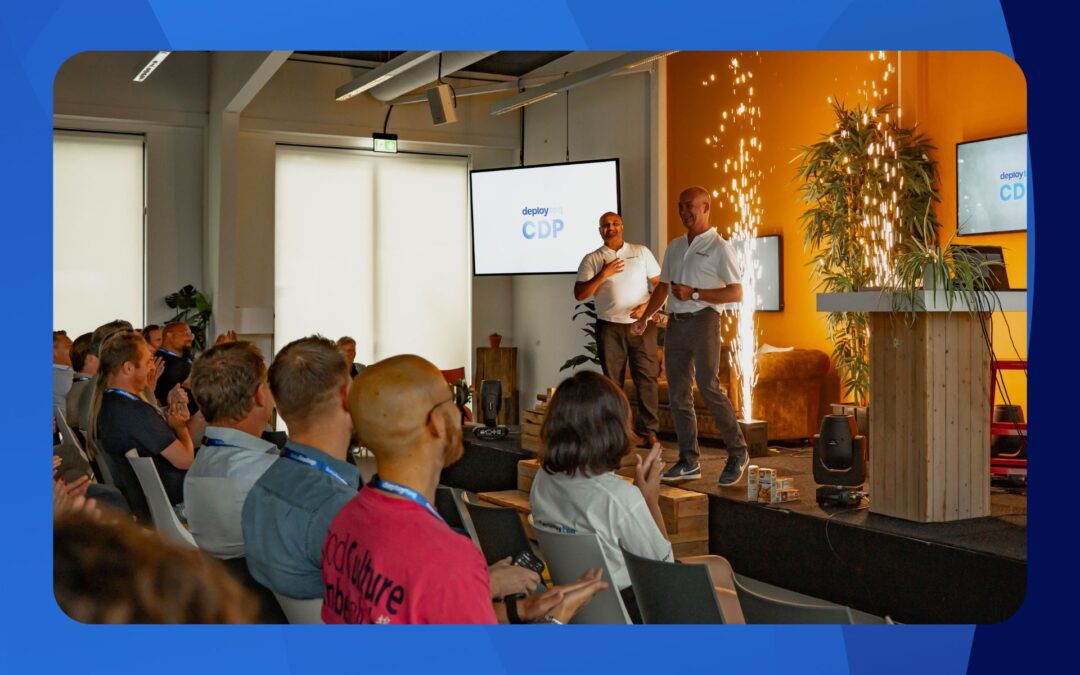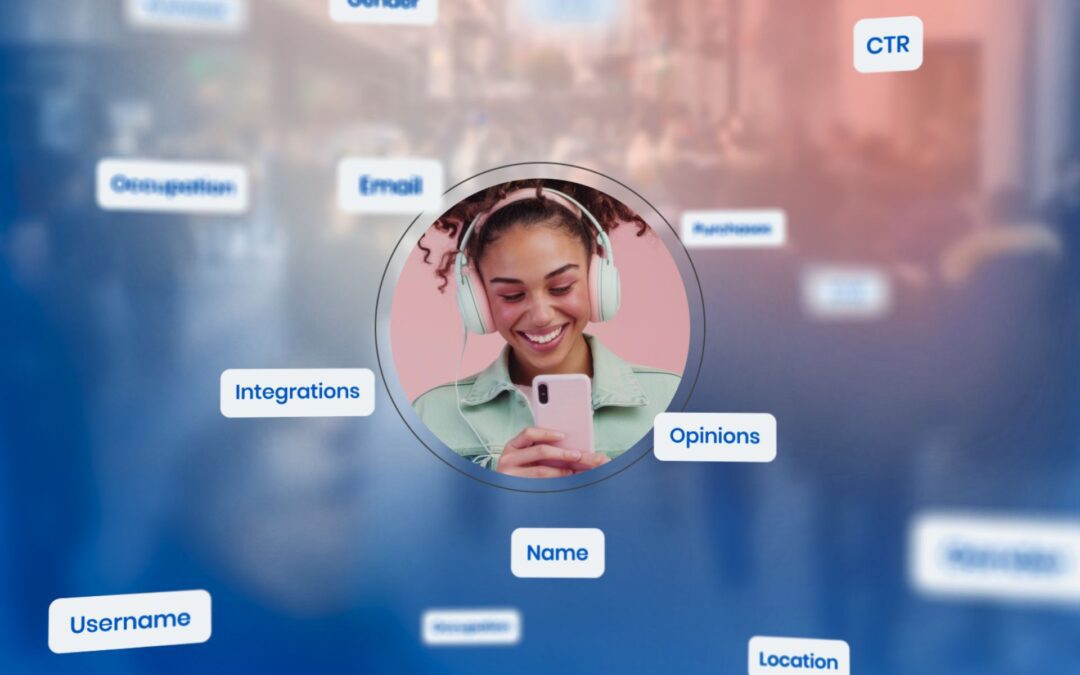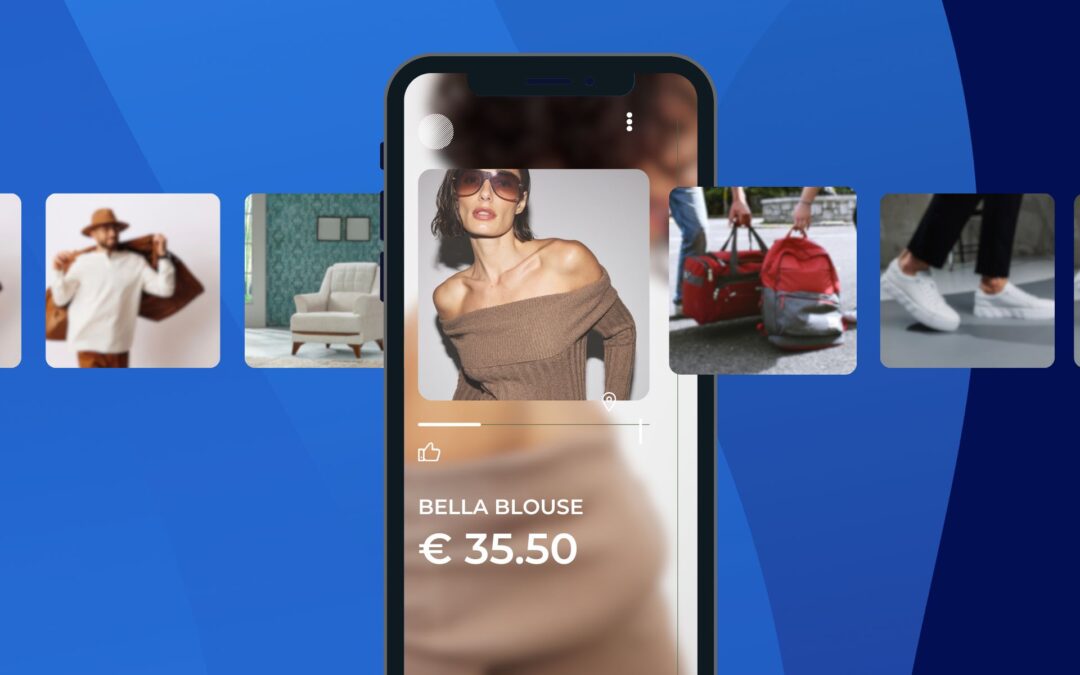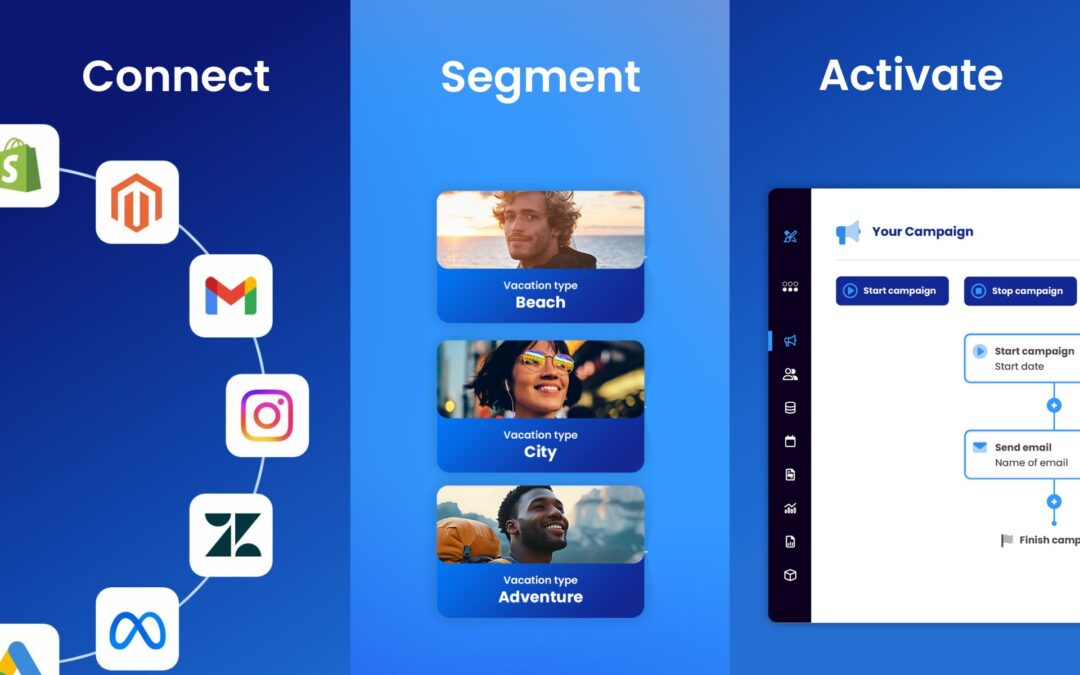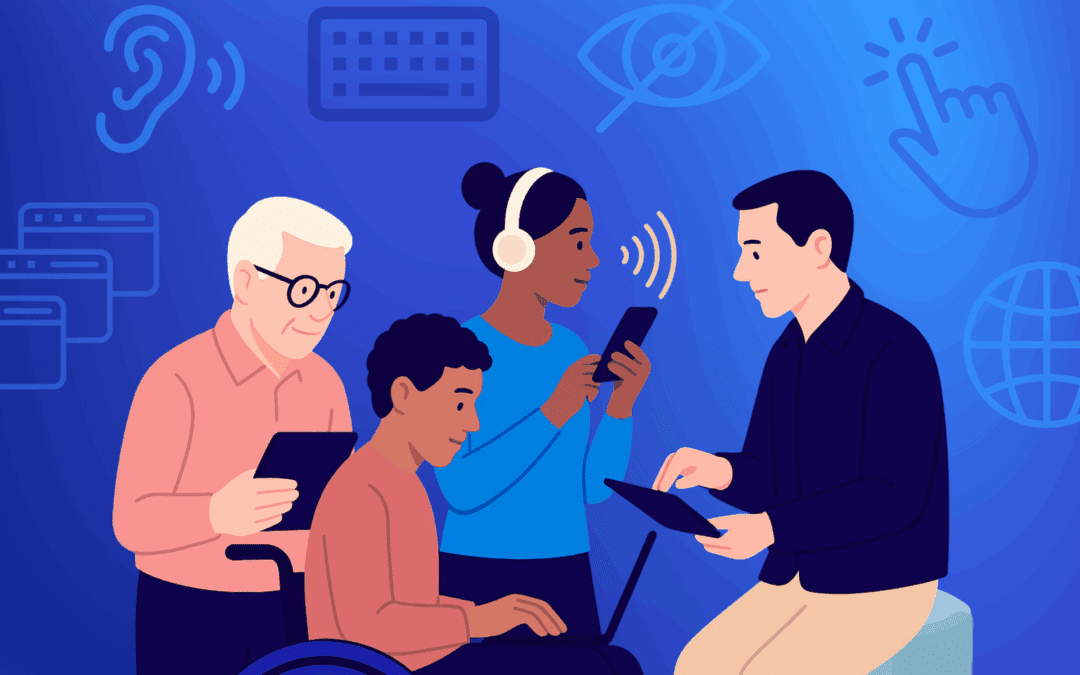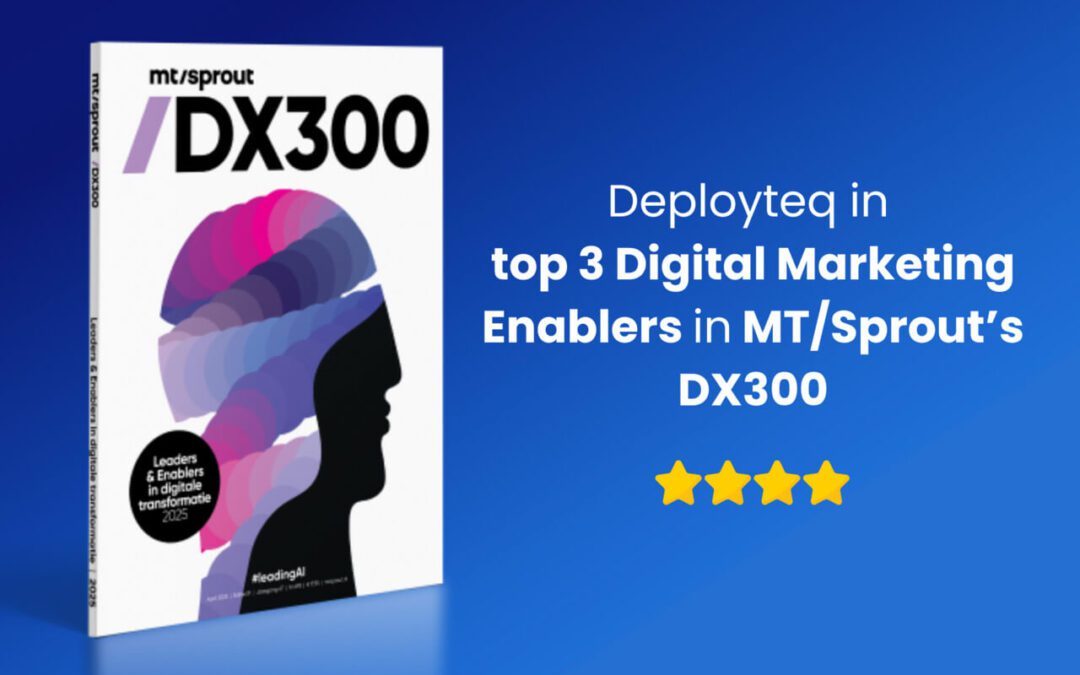In the travel and hospitality industry, keeping customers happy is key to long-lasting success. Whether it’s hotels, resorts, theme parks, or other attractions, making sure customers want to return is crucial for business.
Prioritising customer satisfaction and loyalty is a key strategy for business success. Content customers are likely to recommend the business to friends, contributing to sustained growth and strength.
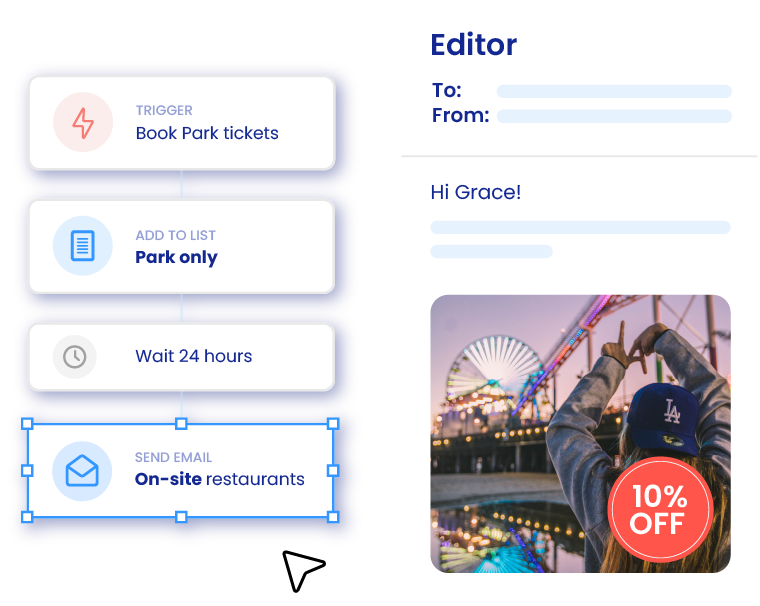
- Why customer loyalty matters
- Understanding your target audience
- Loyalty program types in travel, attractions and hospitality
- Example loyalty programs in travel, attractions and hospitality
- Leveraging technology
- Measuring and analysing loyalty
- Building emotional connections
- Tips for delivering exceptional experiences and building emotional connections
Why customer loyalty matters
Customer loyalty is vital for the profitability and long-term sustainability of the travel, attractions, and hospitality industry. Loyal customers, contributing significantly to businesses’ financial health, generate a steady revenue stream through repeat bookings and increased spending on services.
Retaining existing customers has financial benefits, as acquiring new ones is more costly. Loyal customers are more likely to explore premium services, upgrades, or special packages, further enhancing financial performance.
In an industry reliant on positive customer experiences, loyalty is key for sustained success. Loyal customers become advocates, promoting establishments through word-of-mouth and positive reviews, solidifying a trustworthy image and establishing resilience in the competitive landscape.
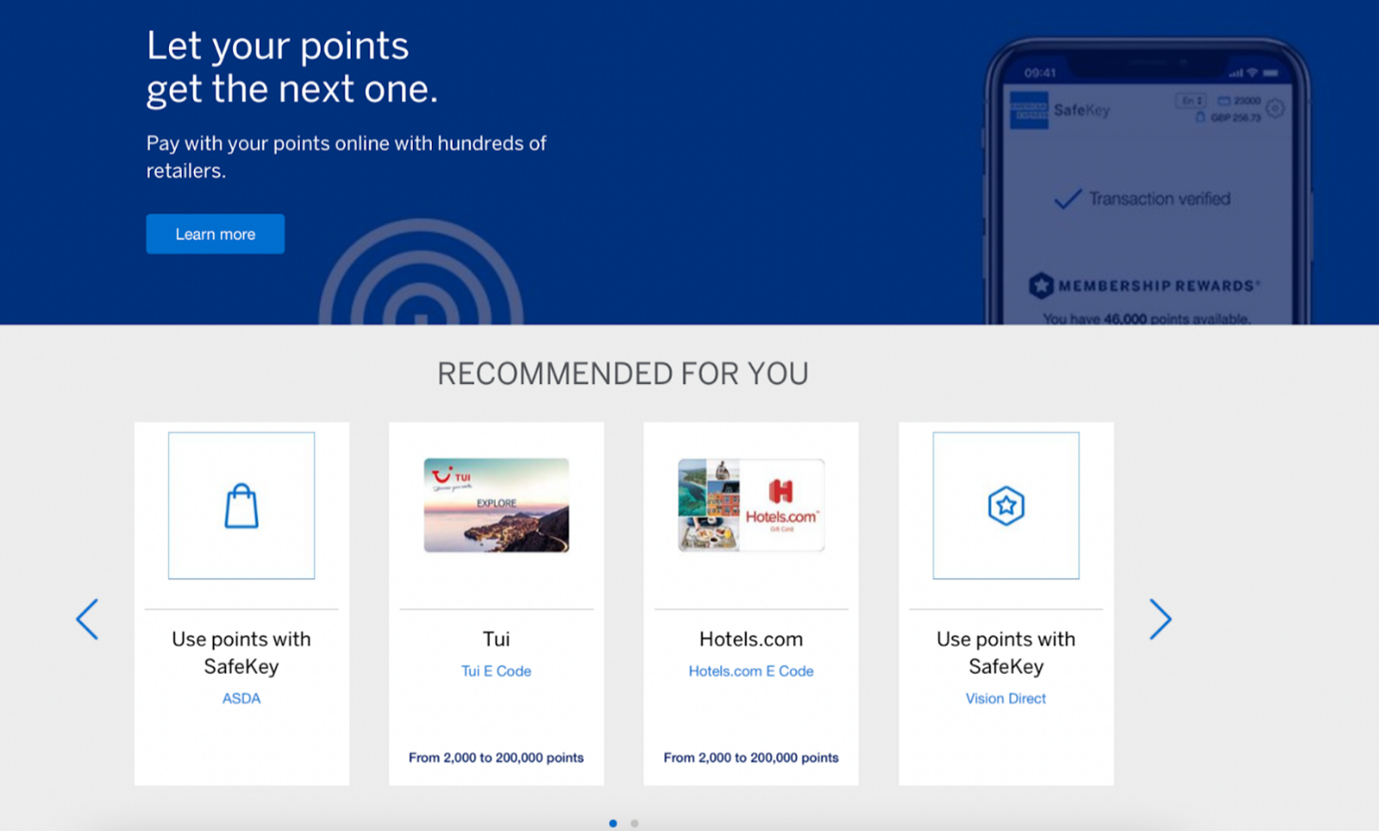
Understanding your target audience
Understanding your audience is crucial for building loyalty in the travel, attractions, and hospitality industry. The diverse demographic groups, such as families, solo travellers, business professionals, and adventure enthusiasts, all have unique preferences and needs.
Tailoring services to meet these specific desires is essential for creating a personalised and memorable stay, and driving customer loyalty. Knowing your audience allows businesses to anticipate and exceed expectations, whether providing family-friendly amenities or efficient services for business travellers. Catering to each segment enhances satisfaction, fostering connection and loyalty.
Personalised experiences create a positive brand perception, encouraging customer return and recommendations, and contributing to long-term success in the competitive landscape of the industry.
Loyalty program types in travel, attractions and hospitality
Various loyalty programs are employed within the travel attractions industry to incentivise repeat visits and enhance customer retention. Here are some common types of loyalty programs used in this sector:
Points-based programs: Customers accumulate points for visits, purchases, or activities at the attraction, which can be redeemed for discounts, free tickets, or exclusive experiences, incentivising frequent visits and higher spending.
Membership programs: Customers pay a membership fee to access exclusive benefits such as special access, priority bookings, and discounts, fostering a sense of exclusivity and community among loyal members.
Tiered loyalty programs: Customers earn escalating benefits through loyalty tiers, gaining access to more exclusive perks and privileges as they progress, thereby encouraging increased loyalty for greater rewards.
Cashback programs: Customers receive a percentage of their spending back as cashback, which could be applied to future purchases, serving as a tangible and immediate incentive for customers to return to the attraction.
Referral programs: Customers are rewarded for referring friends, family, or colleagues to the attraction, with incentives such as discounts, free tickets, or special experiences for both the referrer and the new customer, leveraging existing customers to bring in new business and expand the customer base. This approach aligns with the fact that 76% of millennial travellers make decisions about their travel destination and services based on recommendations from friends.
Anniversary rewards: Customers receive special rewards or discounts on the anniversary of their first visit or membership sign-up, commemorating their loyalty over time and encouraging them to celebrate milestones at the attraction.
Gamification programs: Loyalty is cultivated through gamified experiences, including challenges, contests, or virtual badges, as customers are motivated by the competitive and interactive elements, fostering engagement and encouraging repeat visits.
Partnership programs: Loyalty benefits extend to partner businesses, such as hotels or restaurants, creating a broader network of rewards, and collaborative programs encourage customers to explore affiliated services, thereby boosting overall customer engagement.
Personalised guest experiences: Using guest data, personalised guest experiences involve using technology to track individual preferences and tailor room settings, amenities, and special services, enhancing the overall guest experience.
Loyalty programs: Did you know that 68% of millennials prioritise programs providing rewards such as cash, freebies, upgrades, and discounts?
Loyalty programs do work, and it’s recommended that user-friendly and value-driven loyalty programs are introduced, offering tangible rewards like room upgrades, complimentary services, or exclusive access, to encourage guest participation and loyalty.
Proactive communication: Proactively engage with guests by utilising automated systems for pre-arrival emails, post-stay surveys, and personalised offers, ensuring prompt feedback, addressing concerns, and expressing appreciation for their patronage before, during, and after their stay.
Exceptional customer service: Training staff to deliver exceptional customer service fosters a positive and memorable guest experience and empowers employees to address issues promptly, demonstrating responsiveness and a commitment to guest satisfaction.
Online reputation management: Proactively monitoring and managing online reviews on platforms like TripAdvisor, Yelp, and social media, and responding promptly and professionally to both positive and negative feedback demonstrates a commitment to guest satisfaction.
Upselling and cross-selling: Training staff to skillfully upsell and cross-sell services or upgrades during the booking process or at the property and offering personalised recommendations based on the guest’s preferences and needs can effectively enhance the customer experience.
Exclusive packages and promotions: Developing exclusive packages or promotions for loyal customers, offering additional value for their ongoing patronage, and providing special rates, complimentary services, or unique experiences can incentivize repeat bookings.
Community engagement: Create and maintain a sense of belonging and connection by actively engaging with the local community, including supporting local events, collaborating with nearby businesses, and offering special promotions for community members.
Environmental sustainability: Implementing environmentally sustainable practices appeals to environmentally conscious guests and communicates your commitment to sustainability; this can enhance your brand image and attract guests who share similar values – just make sure to not greenwash!
Continuous training and development: Regularly training and updating staff on the latest hospitality trends, technology, and customer service skills, empowers those employees to go above and beyond in meeting guest expectations and contributes to a positive and memorable experience.
Enhancing customer loyalty in the hospitality sector needs a comprehensive strategy centred around guest satisfaction, personalization, and continuous engagement. By implementing varied loyalty programs, travel attractions can cater to diverse customer preferences, fostering loyalty and ensuring a positive, repeat customer experience.
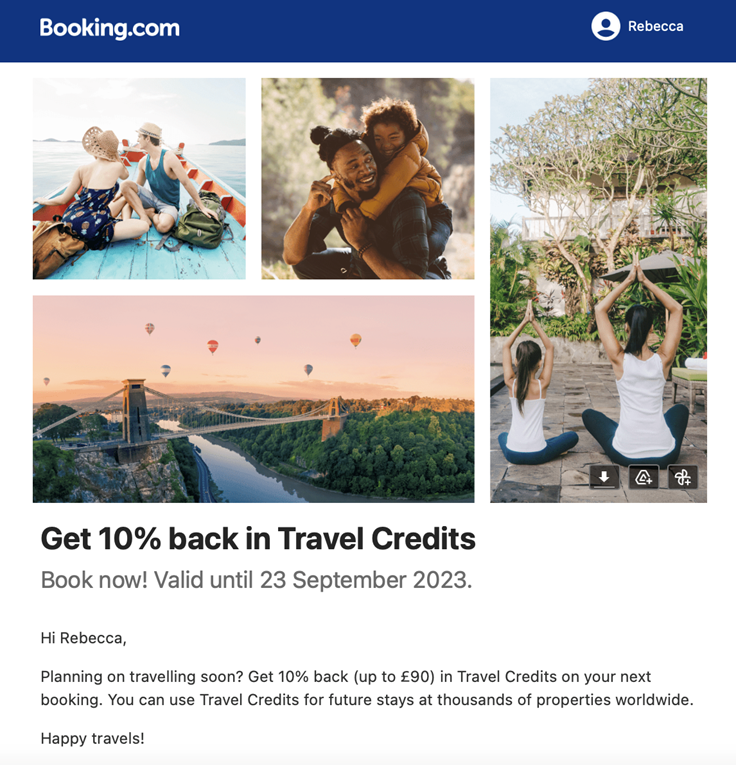
Example loyalty programs in travel, attractions and hospitality
Alaska Airlines Mileage Plan
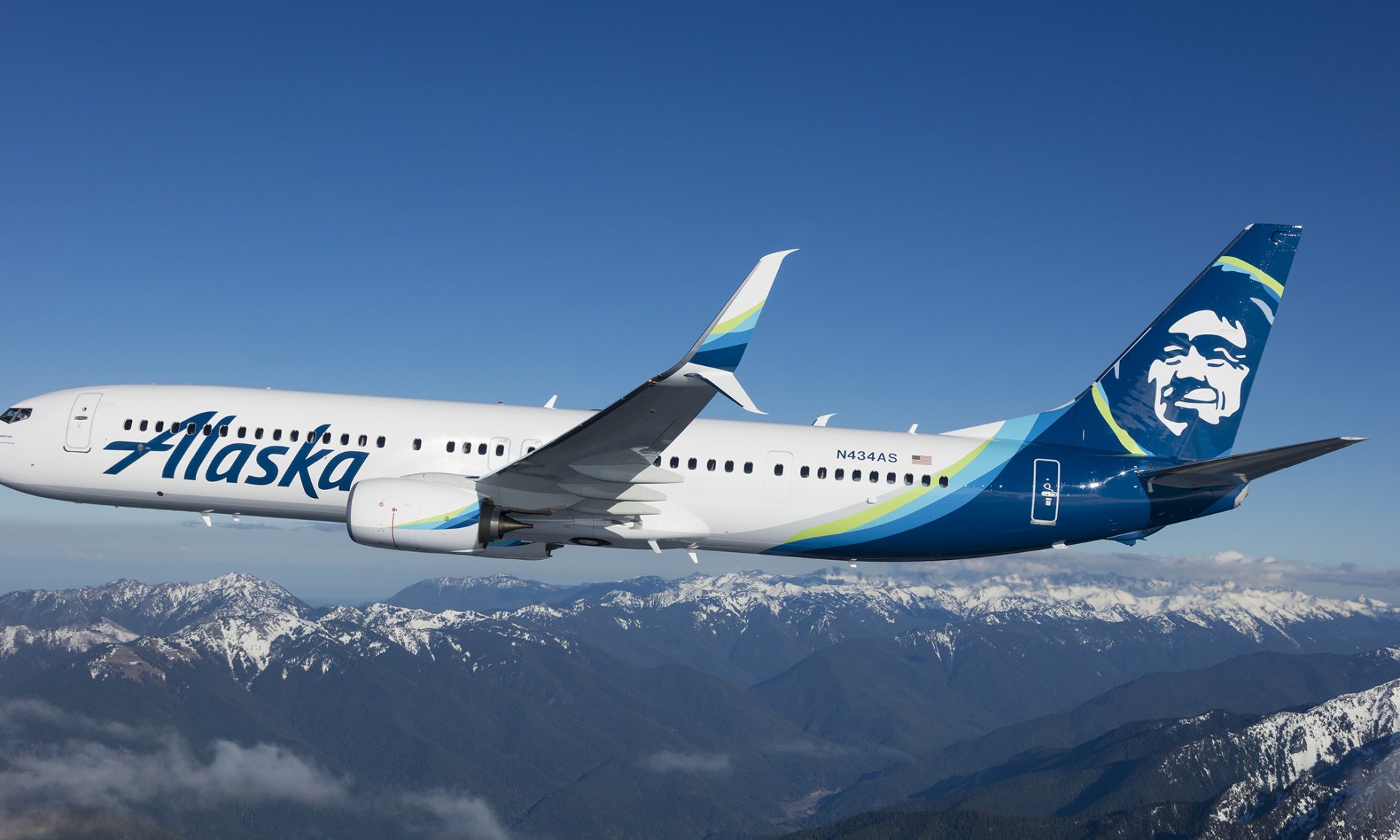
The Alaska Airlines Mileage Plan is a great way to earn and redeem miles for travel on Alaska Airlines and its partner airlines – and it’s known for being the airline industry’s most generous loyalty program.
The program was rated by Nerdwallet as the best airline loyalty program, and since Alaska Airlines is also part of the Oneworld alliance, it means that customers get even more value from their points.
The Alaska Airlines Mileage Plan provides an array of perks, allowing you to earn miles through flying, credit card spending, referrals, and activities like dining and shopping, and enjoy benefits like free flights, upgrades, and elite status advantages. It stands out for its flexibility and robust rewards system. For frequent travellers, it’s a great way to earn and redeem miles. The wide range of opportunities for earning points makes it customisable to individual preferences, serving as a model for other airlines and travel companies aiming to boost customer loyalty through innovative and customer-focused rewards programs in the competitive travel industry.
Growing the loyalty program continues to be part of Alaska’s industry-leading performance and strategic growth plan, which is great to see!
Merlin annual passes
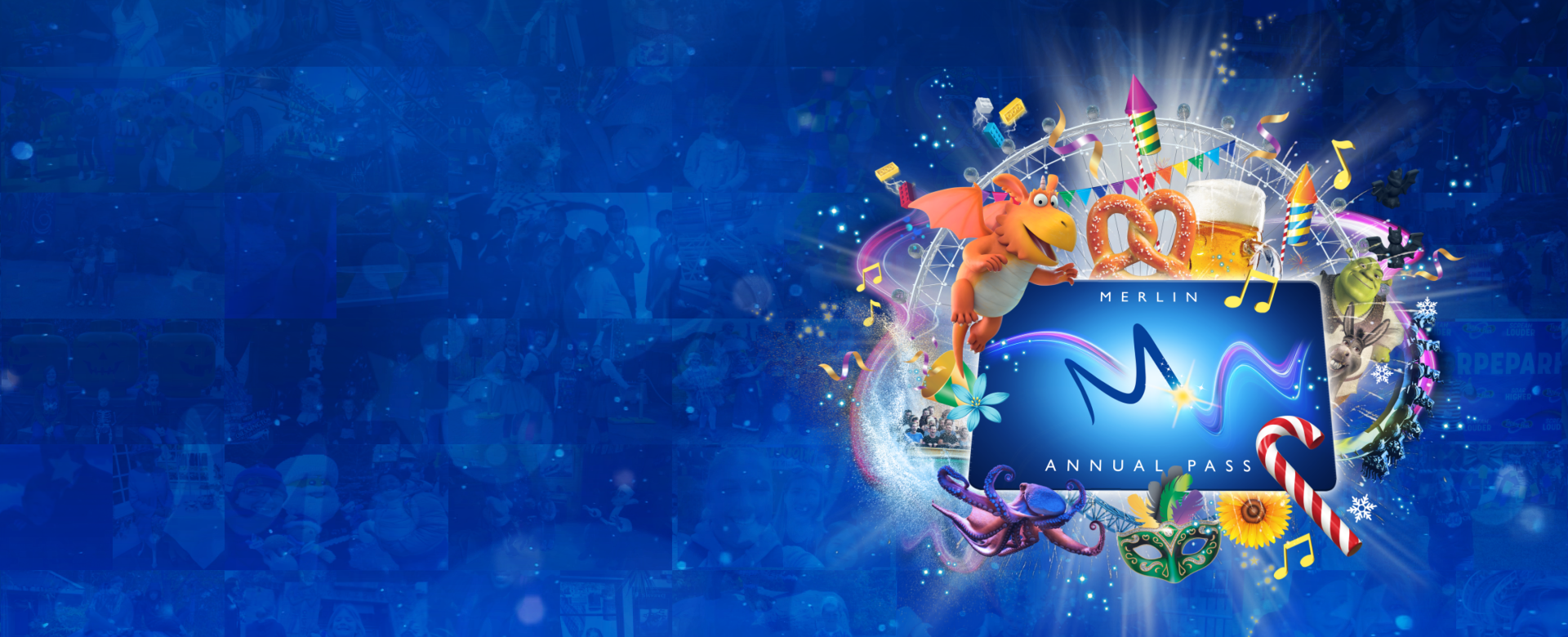
Merlin Annual Passes are a significant revenue stream for Merlin Entertainments, contributing to the £136 million pre-tax profits generated in 2022. These passes, providing unlimited access to Merlin attractions, discounts on food and merchandise, and exclusive offers, are popular among families and groups seeking cost savings on visits to attractions like Alton Towers, Thorpe Park, Chessington World of Adventures, LEGOLAND Windsor, and The London Eye.
Passholders also enjoy additional benefits such as up to 20% off dining, up to 50% off day tickets for friends and family, up to 50% off selected global attractions, and exclusive discounts on short breaks, making the Merlin Annual Pass a compelling choice for consumers looking to save money while enjoying top UK attractions.
Alongside the annual passes, Merlin prides itself on providing a high-quality guest experience, and their 2022 annual report shows that it had a guest satisfaction score of 94%; its target is a score of over 90%.
World of Hyatt

The World of Hyatt loyalty program, a free-to-join initiative, allows members to earn points for qualifying stays, dining, and spa experiences at Hyatt hotels globally. With four membership levels – Member, Discoverist, Explorist, and Globalist – each tier offers distinct benefits, including bonus points, complimentary breakfast, and room upgrades.
Members can also earn points through partner hotels like M Life Resorts and SLH (Small Luxury Hotels). Exclusive perks encompass member-only rates, special promotions, priority check-in and check-out, late check-out, free bottled water, and fitness centre access. For frequent travellers, World of Hyatt presents a rewarding opportunity to save money and enjoy privileges at Hyatt hotels worldwide.
Leveraging technology
Technology plays a pivotal role in enhancing customer loyalty in the travel, hospitality and attractions sectors, with CRM and Marketing Automation systems and mobile apps being particularly influential in this regard.
CRM and marketing automation systems
Personalisation
CRM systems enable businesses to collect and analyse customer data, including preferences and booking history, facilitating the provision of personalised services that create a more tailored and memorable experience for guests.
Targeted marketing
Targeted marketing campaigns can be created by segmenting customers based on their preferences and behaviours, allowing personalised promotions and offers to be delivered to specific customer segments, increasing the likelihood of engagement and repeat bookings.
Effective communication
By centralising guest information (this can be done using CRM and Marketing Automation systems), businesses can send targeted and timely communications, such as pre-arrival emails, post-stay surveys, and personalised promotions, to maintain a continuous connection with guests.
Guest loyalty programs
CRM and Marketing Automation systems are instrumental in managing and optimising guest loyalty programs. They track and reward customer loyalty, managing points, tier levels, and personalised incentives to encourage repeat business.
Data-driven decision-making
Valuable insights through analytics help businesses make data-driven decisions. By understanding customer behaviour and preferences, businesses can refine their strategies to better meet the needs of their guests.
Mobile apps
Convenient booking and check-in
Mobile apps streamline the booking process, making it quick and convenient for guests to reserve rooms and services.
Mobile check-in features enhance the guest experience by reducing wait times and providing a seamless arrival process.
Push notifications for personalised offers
Mobile apps allow for the delivery of push notifications, enabling real-time communication with guests.
Personalised offers, upgrades, and promotions can be sent directly to the guest’s mobile device, encouraging them to engage and make additional bookings.
Mobile concierge services
Mobile apps often include virtual concierge services, offering guests information about amenities, local attractions, and personalised recommendations.
This enhances the overall guest experience and encourages guests to explore and utilise on-site services.
Feedback and reviews
Mobile apps facilitate easy and immediate feedback collection through in-app surveys.
Promptly addressing guest concerns and leveraging positive feedback contributes to improved service quality and reputation management.
Integration with loyalty programs
Mobile apps seamlessly integrate with loyalty programs, allowing guests to track points, access exclusive offers, and redeem rewards directly from their mobile devices.
This integration strengthens the connection between the guest and the loyalty program, fostering continued engagement.
In summary, technology, particularly CRM and Marketing Automation systems and mobile apps, empowers hospitality businesses to understand, connect with, and provide personalised experiences for their guests. By leveraging these tools, businesses in the travel, attractions and hospitality industries can build stronger relationships with customers, increase satisfaction, and ultimately foster long-term loyalty.
Measuring and analysing loyalty
In the travel, attractions, and hospitality industry, it’s essential to measure and analyse loyalty to improve customer satisfaction, customise services to individual preferences, and retain customers; which in turn contributes to sustained profitability and long-term success.
KPIs for measuring customer loyalty
Key Performance Indicators (KPIs) are essential for assessing and measuring customer loyalty in the hospitality, travel and attractions industry.
Here are some KPIs to consider when you want to assess and measure customer loyalty:
Customer satisfaction (CSAT)
CSAT measures overall customer satisfaction through surveys or feedback forms.
Analyse CSAT scores regularly to identify trends and areas for improvement in service quality.
Net promoter score (NPS)
NPS gauges the likelihood of customers recommending the business to others.
Categorise customers as promoters, passives, or detractors to assess overall loyalty and identify opportunities for improvement.
Repeat business rate
Repeat Business Rate is where you track the percentage of customers who make repeat bookings or visits; a high repeat business rate indicates customer loyalty and satisfaction.
Loyalty program engagement
It is important to monitor the participation and engagement levels in loyalty programs. Analyse the redemption rates, point accumulation, and frequency of program usage to evaluate its effectiveness in retaining customers.
Average revenue per guest (ARPG)
ARPG measures the average spending of customers during their stay. You can monitor changes in ARPG to identify trends and adjust strategies to increase guest spending.
Customer retention rate
The customer retention rate is where you calculate the percentage of customers retained over a specific period. A high retention rate signifies strong customer loyalty and the effectiveness of your retention strategies.
Online reviews and ratings
Analysing online reviews and ratings on platforms like TripAdvisor, Yelp, and Google can be incredibly beneficial. Consistently positive reviews contribute to a positive reputation and increased customer loyalty.
Customer lifetime value (CLV)
CLV estimates the total revenue a business can expect from a customer throughout their relationship. A higher CLV indicates greater customer loyalty and the potential for long-term profitability.
Customer churn rate
Churn rate measures the percentage of customers who stop using your services. Identifying reasons for churn helps in implementing strategies to retain customers.
Social media engagement
Tracking likes, shares, comments, and overall engagement on social media platforms can be beneficial; positive engagement signifies customer loyalty and can contribute to positive word-of-mouth marketing.
Guidance on analysing data and making data-driven decisions
Collect comprehensive data
Utilise a variety of sources, including CRM systems, guest surveys, social media, and online reviews, to gather comprehensive data on customer interactions and feedback.
Utilise analytics tools
Make sure to use analytics tools to interpret and visualise data effectively. Tools like Google Analytics, customer relationship management (CRM) software, and social media analytics platforms can provide valuable insights.
Segmentation analysis
Analysing segmented data (based on demographics, preferences, and behaviours) allows for more targeted and personalised strategies to enhance customer loyalty.
Identify patterns and trends
Identifying consistent themes in customer behaviour, preferences, and feedback helps in addressing underlying issues and tailoring strategies accordingly.
Benchmark against industry standards
Comparing your performance against industry benchmarks helps you gain insights into your competitive position and provides context for understanding the effectiveness of your loyalty initiatives.
Regularly review and adjust strategies
Make sure to conduct regular reviews of KPIs and adjust strategies based on changing customer preferences or industry trends.
Employee feedback and training
Collect feedback from employees who interact directly with customers and use these insights to refine customer service training and improve overall guest experiences.
Building emotional connections
For several reasons, creating emotional connections with customers in the travel, attractions, and hospitality industry is crucial. Emotional connections go beyond the transactional aspects of a guest’s experience and contribute to lasting impressions, customer loyalty, and positive word-of-mouth.
Here’s why emotional connections are important:
Memorable experiences
Emotional connections make experiences more memorable. Guests are more likely to remember how they felt during their stay rather than just the services or amenities provided.
Customer loyalty
Emotional connections foster a sense of loyalty. When guests feel a strong connection to a brand or establishment, they are more likely to choose it for future visits, recommend it to others, and participate in loyalty programs.
Positive reviews and word-of-mouth
Guests who have emotionally connected experiences are more inclined to share their positive stories with friends, family, and online platforms. This word-of-mouth marketing is invaluable for attracting new customers.
Differentiation in a competitive market
In a highly competitive industry, emotional connections set businesses apart. When guests have a positive emotional association with a hotel, resort, or attraction, it becomes a unique selling proposition that can influence their decision-making.
Tips for delivering exceptional experiences and building emotional connections
Personalisation
Tailor services to individual preferences, from room amenities to special requests. Use customer data to create personalised experiences that make guests feel seen and valued.
Warm and genuine hospitality
Train staff to provide warm, friendly, and genuine hospitality. A smiling face, personalised greetings, and authentic interactions contribute to a positive emotional experience.
Anticipate and exceed expectations
Go above and beyond to anticipate and exceed guest expectations. Surprising guests with unexpected gestures or amenities creates positive emotional moments.
Create emotional touchpoints
Identify key touchpoints in the guest journey and create emotionally resonant experiences. This could include a personalised welcome message, a thoughtful turndown service, or a parting gift.
Engage in meaningful communication
Communicate with guests in a meaningful way. Whether through personalised emails, handwritten notes, or face-to-face interactions, show genuine interest in their needs and experiences.
Empower staff to solve problems
Empower staff to quickly and effectively resolve any issues that may arise during a guest’s stay. Swift resolution of problems can turn a potentially negative experience into a positive one.
Offer unique and local experiences
Provide opportunities for guests to engage in unique, local experiences. This not only enhances their stay but also creates emotional connections to the destination and the establishment.
Solicit and act on feedback
Actively seek feedback from guests and use it to improve services. Guests appreciate when their opinions are valued, and addressing feedback shows a commitment to continuous improvement.
Celebrate special occasions
Recognize and celebrate special occasions for guests, such as birthdays, anniversaries, or milestones. Adding a personal touch to these moments creates lasting positive memories.
Consistent brand storytelling
Ensure consistency in brand storytelling across all touchpoints. From the website to social media and on-site experiences, a cohesive brand narrative reinforces emotional connections.
In summary, creating emotional connections in the travel, attractions, and hospitality industry is essential for building lasting relationships with customers. Exceptional experiences, rooted in personalization, genuine hospitality, and meaningful engagement, not only lead to customer loyalty but also contribute to a positive brand reputation and sustained success in a competitive market
